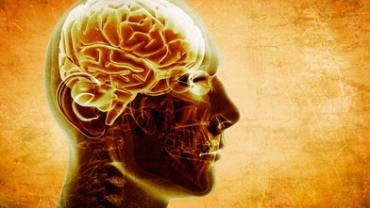
Depression is a major cause of disease burden worldwide affecting approximately 350 million people. For quite some time now fish oil supplementation has been a recommended adjunct for helping with major depressive disorder (MDD).
According to a new meta-analysis published two weeks ago in Translational Psychiatry researchers have further confirmed the link between intake of omega-3 fatty acids and the reduction in major depressive disorder. This meta-analysis consisted of 13 studies with 1233 participants and included only random placebo-controlled trials assessing the effects of EFA supplementation on depressive symptoms in MDD. In addition the researchers examined whether the supplementation effects depended upon EPA or DHA dose or their ratio.
Among the participants those who supplemented with EPA and DHA had similar effects as compared to meta-analyses of those taking antidepressants. In addition these effects were greater in studies where participants were supplementing with higher doses of EPA. Furthermore the present meta-analysis demonstrated that the EPA/DHA ratio had no significant effect nor did the DHA dose. The DHA did not have an effect on the MDD systems. This suggests that it is not the ratio of EPA vs DHA that is important but rather it is the higher EPA dose that is the key. It is interesting that EPA seems to be responsible for the beneficial effects of omega fatty acid supplementation while DHA concentrations appear to vary more between patients and controls. We must consider that the beneficial effects of EFA supplementation are not because the supplementation corrects a membrane DHA insufficiency but due to the anti-inflammatory properties of EPA.
This new meta-analysis supports earlier research on the importance and beneficial effects of omega-3 fatty acids in MDD and these effects seemed more significant in studies comprised of individuals who supplemented with higher doses of EPA and that included patients taking antidepressants.
We should also consider other natural alternatives to antidepressants such as Sceletium tortuosum and Saffron flower. Sceletium tortuosum has attracted increasing attention over the past few decades for promoting a sense of wellbeing and helping with depression while numerous studies on Saffron flower have demonstrated positive outcomes on MDD and have shown that it can go head to head with SSRIs demonstrating the same efficacy.
By Michael Jurgelewicz DC DACBN DCBCN